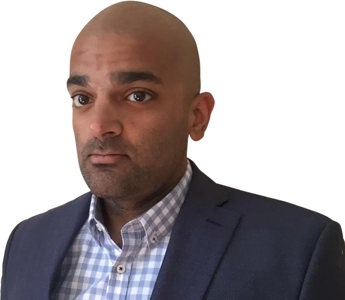
Neil Munshi
Financial Times
For these pieces, I spoke to victims of the brutality of Russian mercenaries from the infamous Wagner Group in Muslim ghettos in the Central African Republic, where the Kremlin-linked group has undertaken a scorched-earth campaign on behalf of the ruling regime. I got to the heart of why Mali is fed up with France's approach to its war on jihadism in the Sahel and is also looking Wagner's way. I met artisanal miners on the side of rural highways in Burkina Faso about the jihadist groups that are increasingly targeting their trade in order to fuel an insurgency that is roiling a region the size of western Europe. I spoke to migrants and victims of human trafficking who'd suffered in Libyan slave camps in a piece that mapped out the unintended consequences of the toppling of Muammar Gaddafi: in migrant deaths in dinghies on the Mediterranean Sea, slave camps and brothels on land; and in the collapse in security across the western Sahel that has killed thousands, displaced millions and sunk France into what some consider its own “forever” war. This series of articles in part explores how the West - and in particular, France - lost West Africa, and opened the door for Russia to expand its sphere of influence on the continent. It tells the story of how the French-led intervention that toppled Gaddafi helped exacerbate a jihadist crisis that has consumed the Sahel and led to an epidemic of coups. It outlines how Moscow has used deep-seated resentments of ex-colonial power France to consolidate influence in Mali and the CAR, where Wagner mercenaries run the show. Each of these pieces took me to dangerous and remote places, at great personal risk, where my reporting uncovered new information - Russian mercenaries training guns on top UN officials; concerns about potential World Bank funding for those mercs; the ways in which jihadis are tapping into global gold markets to fuel their terror - backed up by concrete data and previously unheard first-person testimony.